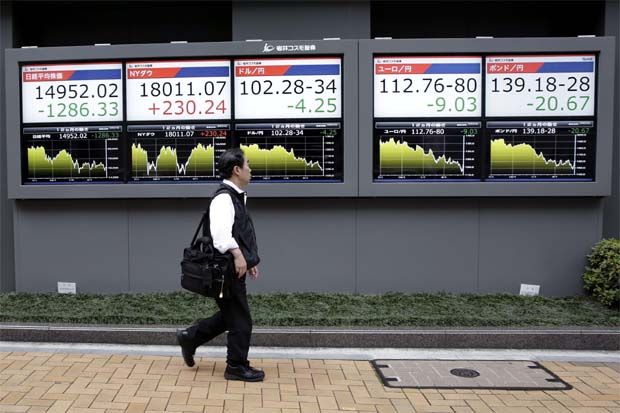Sydney: The U.S. dollar won a reprieve from risk aversion on Monday after North Korean dictator Kim Jong Un decided to hold a party over the weekend rather than launch another missile, tempering safe havens such as the yen and Treasuries.
Investors remained cautious over the possible economic impact of Hurricane Irma as it chewed its way up the Florida coast, knocking out electricity to 3 million homes and businesses statewide.
Japan’s Nikkei rose 1.4 percent after Pyongyang held a massive celebration to congratulate the nuclear scientists and technicians who steered the country’s sixth and largest nuclear test a week earlier.
The United States and its allies had been bracing for another long-range missile launch to mark for the 69th anniversary of North Korea’s founding on Saturday.
The sense of relief was enough to lift E-Mini futures for the S&P 500 by 0.5 percent, while yields on 10-year Treasury notes rose 3 basis points to 2.09 percent.
South Korea’s main index added 0.8 percent, while MSCI’s broadest index of Asia-Pacific shares outside Japan gained 0.4 percent.
The U.S. dollar hovered at 108.42 yen , up from Friday’s 10-month trough of 107.32. Against a basket of currencies, the dollar added 0.15 percent to 91.490 but that was still uncomfortably close to last week’s 2-1/2 year low of 91.011.
The euro eased to $1.2017 , having hit a top of $1.2092 on Friday amid speculation the European Central Bank was closer to starting a wind-back of its stimulus program.
ECB officials last week generally agreed their next move would be to cut their bond purchases and discussed a range of options last week.
RELAXED YUAN CONTROLS?
China’s central bank was also a focus in Asia after sources said it plans to scrap reserve requirements for financial institutions settling foreign exchange forward yuan positions with effect from Monday.
“The removal potentially makes it easier for traders to purchase the USD, easing the pressure for yuan appreciation,” said analysts at ANZ in a note.
“The change likely signals some discomfort about the stronger yuan and its impact on Chinese exports.”
The dollar was last up 0.16 percent against the offshore yuan at 6.5128 yuan , off a low of 6.4437.
























